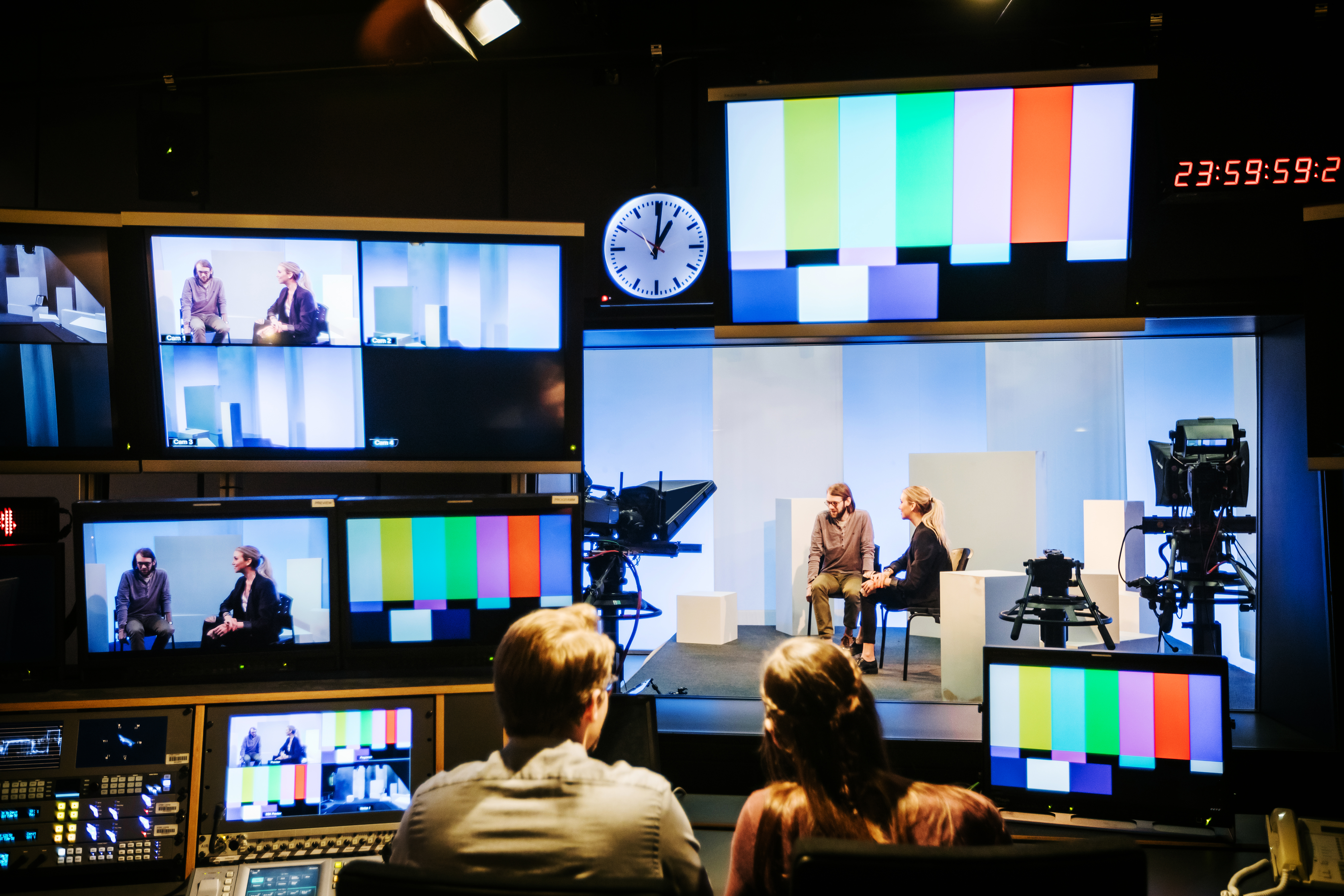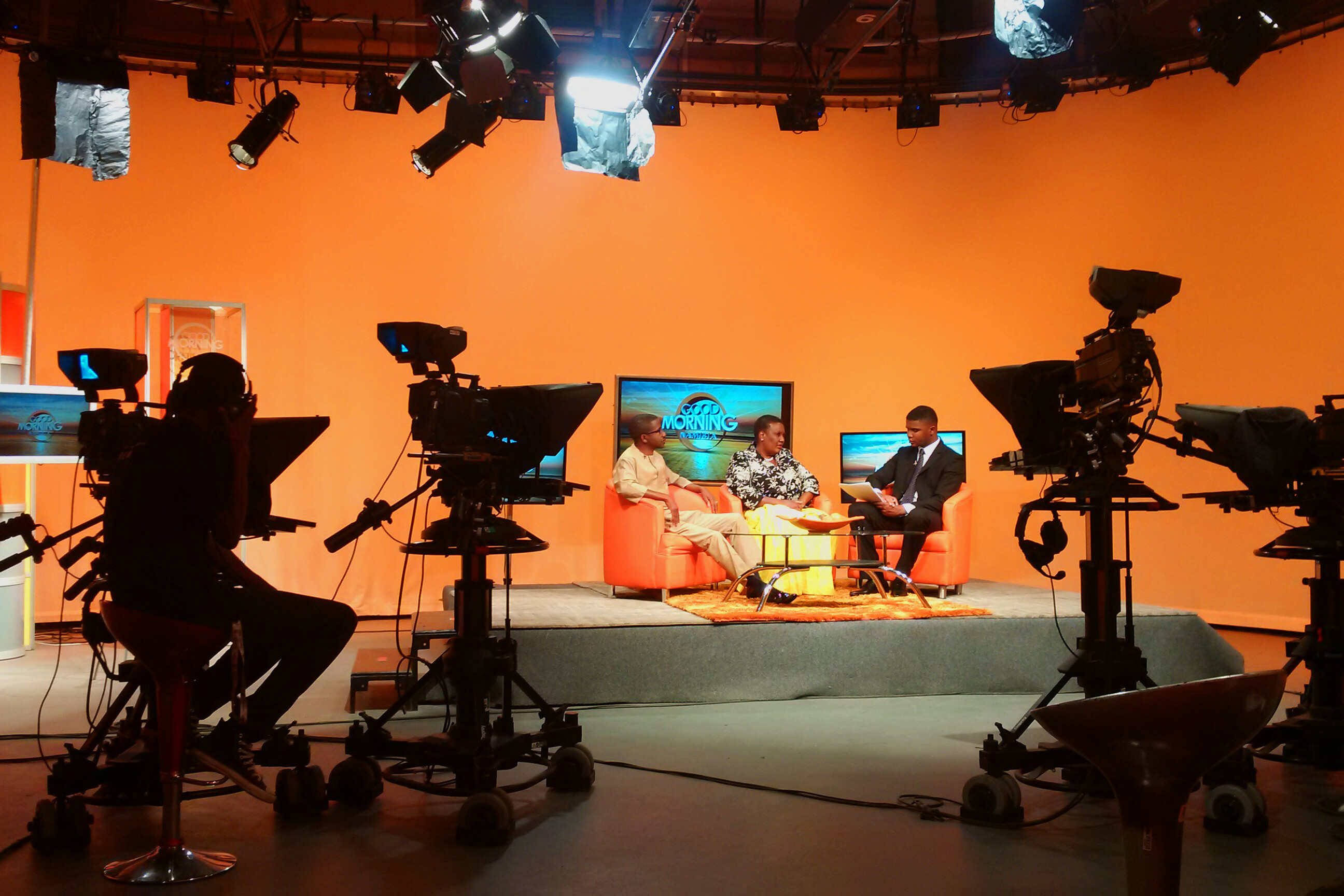After more than a month of industrial action, employees have returned to work following an agreement between the Namibian Broadcasting Corporation (NBC) and the workers’ union.
The decision by NBC employees to end the nationwide strike comes after the NBC and the Namibian Public Workers Union (NAPWU) leadership met on 25 May to agree terms. The agreement includes a commitment from NBC’s management to review contracts, with an aim to give more permanent contracts to those employed on a yearly basis. The lawsuit filed against the public broadcaster and the government by NAPWU for allegedly breaking strike rules has also been dropped.
After signing the agreement on Tuesday, Director-General Stanley Similo sought to explain the agreement in more detail. He said that all interested parties would be looking into whether the NBC Board and management could find a way to provide the striking employees with some financial relief having not been paid their full salaries under the ‘no-work no-pay’ rule. They also plan to review the relationship between employees, the employer, and the NBC Board. Similo said that “The element of trust between management, Board and [the workers]” is something that the organisation needs to work on; a joint committee is being established that would consist of the NBC Board, management, NAPWU and worker representatives to go through the workers’ grievances.
Regarding funding, Similo said: “We will have to take into account that the aspects around funding that comes to NBC is not entirely within the domain and the power of a Board or a management.” The Board’s view for the future is also to make the NBC a more “tech-savvy” entity.
In a press release published on Wednesday, the NBC Board and management reiterated its main focus, which is: ‘to secure jobs hence the engagement with the Shareholder for additional funds caused by the shortfall in the subsidy allocation for 2021/22 financial year. The process has been a trying and difficult one for us all.’
In recent weeks, more employees had been returning to work. According to a recent update by the NBC Board, most radio stations are now back on air and TV news bulletins have improved – all of which were disrupted because of the strike. Similo believes that by Monday, “everything will be back to what our listeners and viewers are used to.” However, the Board also revealed that commercial losses – through decreased advertising – accumulated from the strike are estimated to be around N$6million (US$ 435,000).
Public Service Announcement | All NBC Offices are open pic.twitter.com/V7PFgingXC
— NBC Namibia (@NBCNamibia) May 26, 2021
Since the strike took place during World Press Freedom Day and the 30th anniversary of the Windhoek Declaration, which the Government of Namibia hosted, NBC did not provide coverage of these events.
Beginning on 22 April, industrial action was seen as a last resort after negotiations between NBC management and NAPWU broke down. While NAPWU agreed to end the strike on the basis that better job security would be reviewed, there was disappointment that other demands were not met. Workers also called for an 8% salary increase and improved working conditions, including more benefits such as travel, medical aid, and accommodation allowances.
According to Broadcast Media Africa, this was the longest strike in the public broadcaster’s history.
As one of our longest-serving members, the Public Media Alliance hopes that the relationship between NBC management and employees improves, and that the public broadcaster can find a sustainable way to ensure its future viability, restore services and fulfil its public service mandate.
Related Posts
18th May 2021
Update: Strike continues at Namibian public broadcaster
NBC employees continue strike over…

